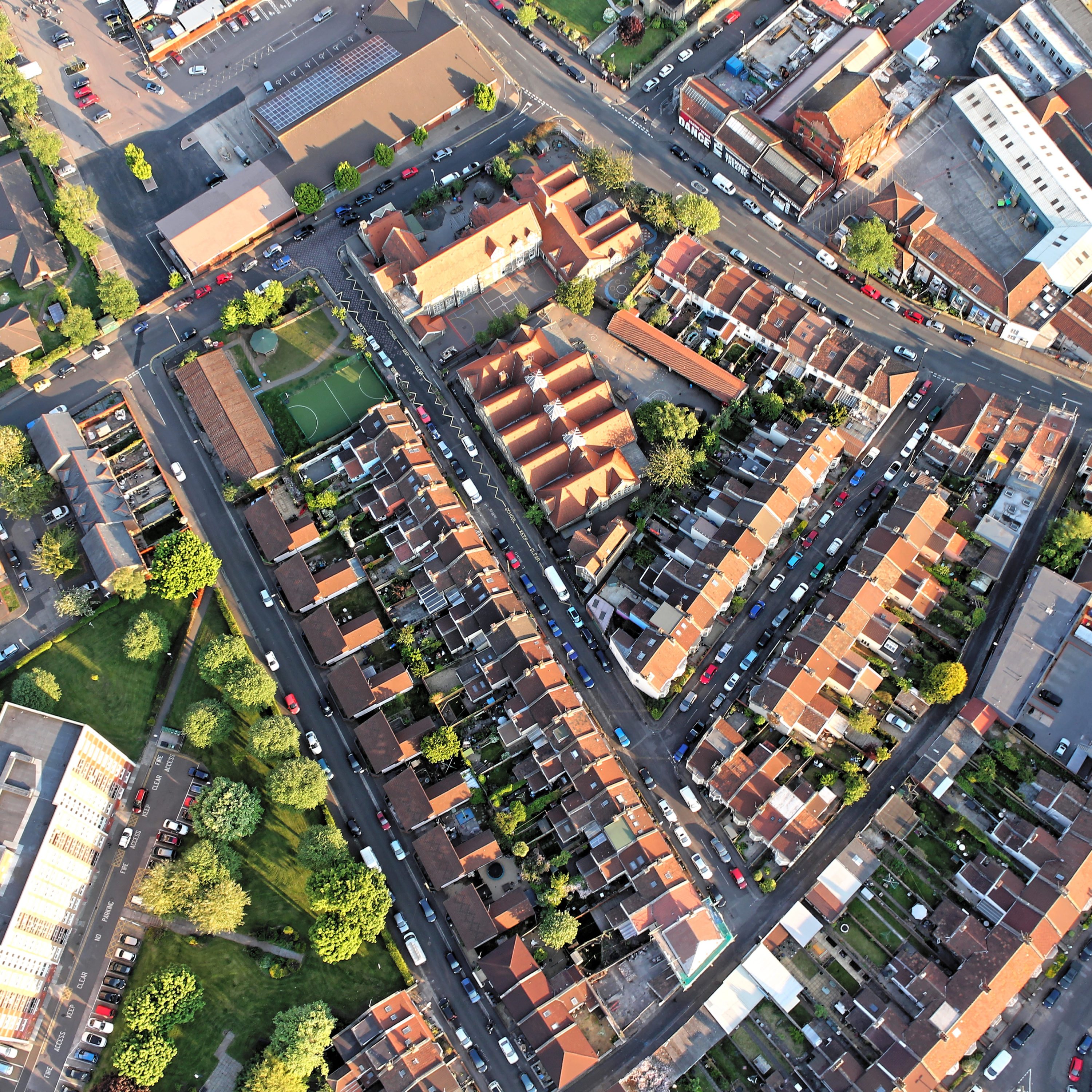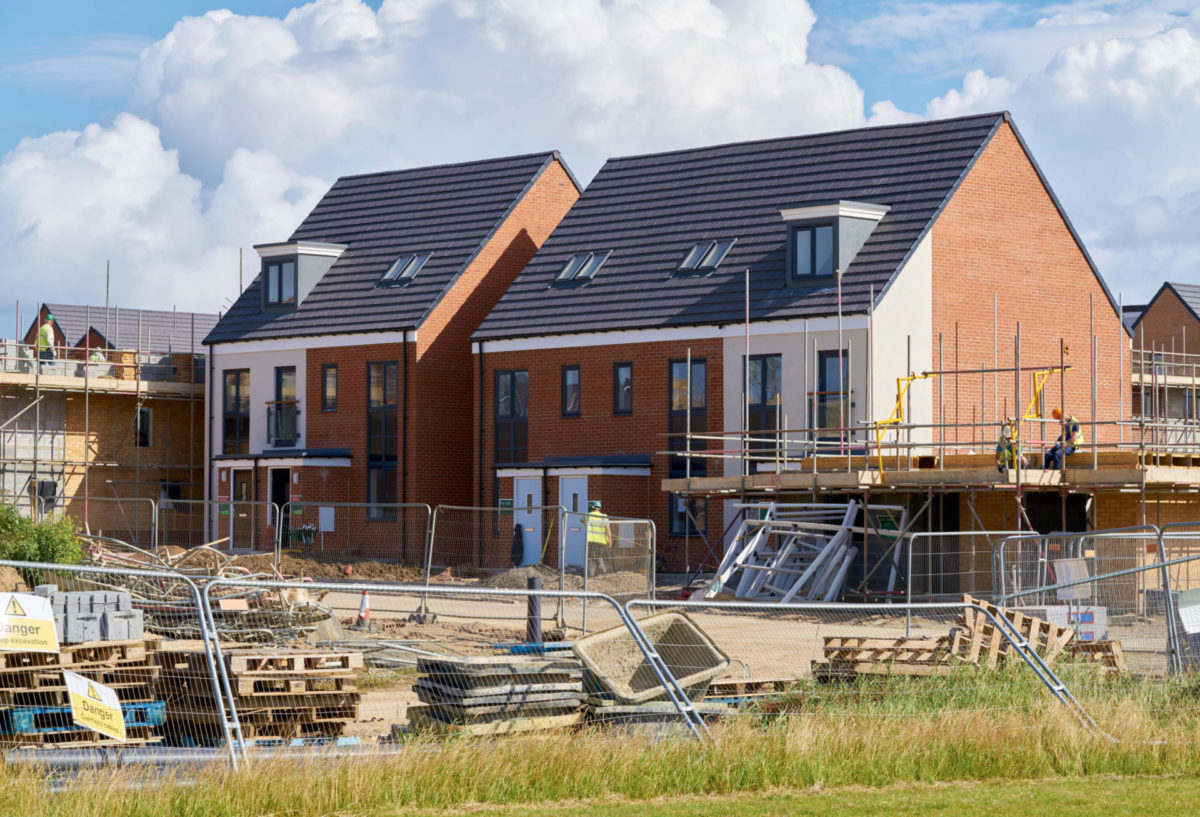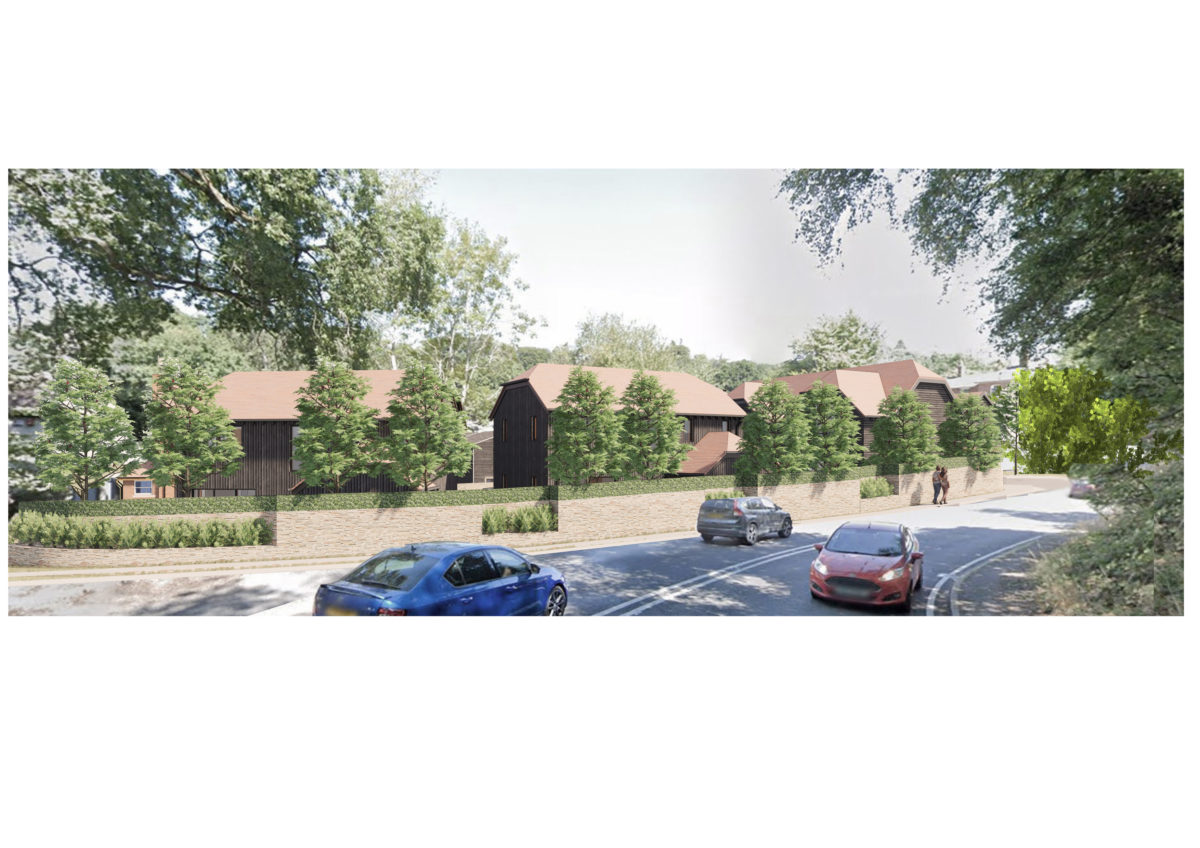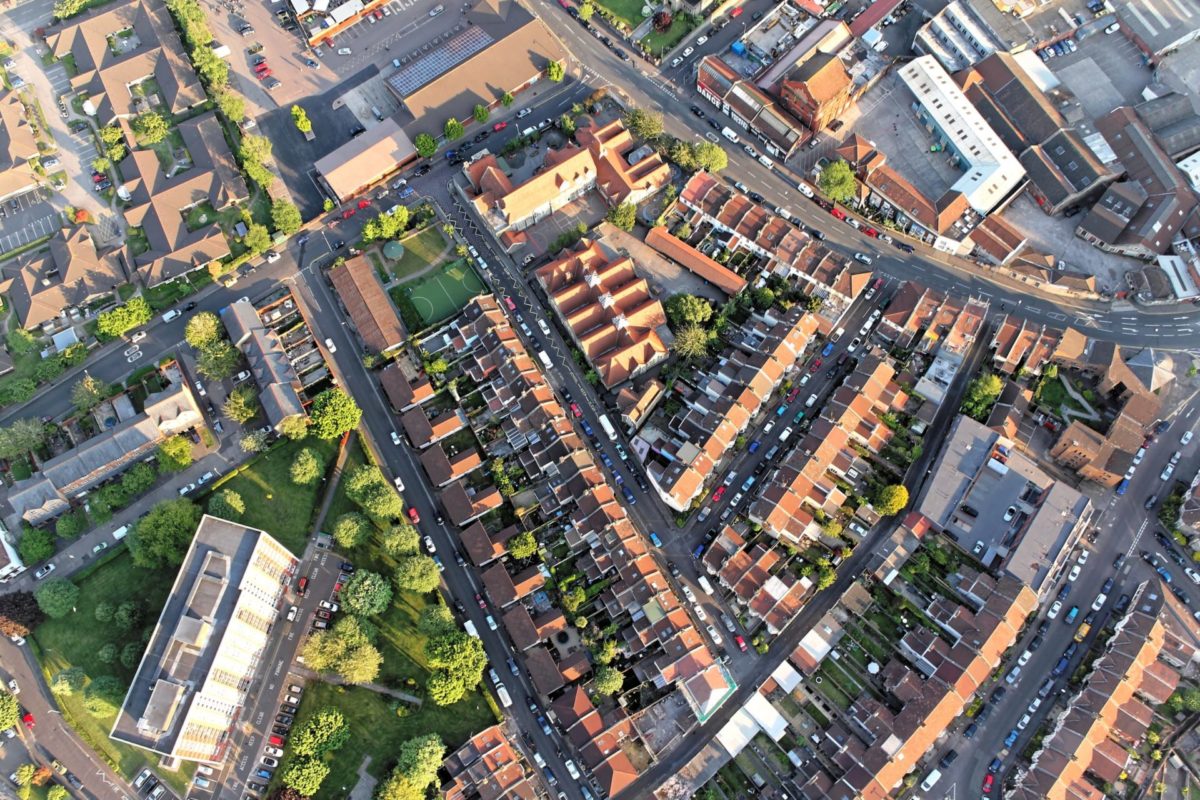

Why to engage with your Local Plan and what you can expect from the process
Everything you’ve ever wanted to know about why you should get involved with your Local Plan, what to expect from the process and how seeking strategic advice now will help to establish the development potential of your land.
1. What is a Local Plan?
Local Plans are plans to shape the future of specific areas over a period of about 15-years. They should be proactive documents which plan to meet local needs – for example, identifying different types of homes or areas for employment. They provide certainty to local communities about what to expect and where development is going to go.
Local Plans allocate sites, for housing as well as other types of development, and include policies which are used by local authorities to manage development in the planning application process, which ultimately shapes the character and appearance of the area.
Local authorities have an obligation to maintain a 5 year supply of deliverable housing sites – including enough land allocations within the Local Plan helps manage the supply.
By looking at the development needs across the entirety of a local authority area, the infrastructure requirements can be assessed as a whole. By carefully assessing where development should go and planning positively for change and expansion, there should be less speculative and unplanned development.
2. What is the difference between a Neighbourhood Plan and a Local Plan? How do they connect?
Neighbourhood Plans and Local Plans are both part of the overall Development Plan for an area once adopted. They’re an important part of the picture as they have full weight in decision making. Policies included within Neighbourhood Plans are prepared by local communities and add local detail. Neighbourhood Plans must be in conformity with their Local Plan.
Smaller scale sites can also be allocated within a Neighbourhood Plan for particular development and can help to deliver local aspirations for change. We therefore keep a close watch on them so that we can advise clients about any opportunity to promote smaller sites through this process.
3. How is a Local Plan decided?
Local Plans and Neighbourhood Plans are initially subject to consultation with local stakeholders which feeds into their drafting. The final draft then goes through an Examination process where the sites and policies are discussed. Local Plans are examined by a Planning Inspector but there is more flexibility for Neighbourhood Plans – these are examined by a ‘qualified person’ who follows a set of national rules.
4. When is best to get involved with your Local Plan?
It’s best to get involved as early as possible to get your land or premises on the Council’s radar. Promoting your site through a Council’s regular ‘call for sites’ process is a cost-effective solution which gets your plot in front of the Council for when they start looking at potential sites to include through the Local Plan process.
We keep our clients up to date about the various opportunities to promote their land through our regular monitoring of local authority updates.
5. Who should consider strategic planning advice?
Anyone with some land or a site where planning permission would not necessarily be granted for development under the current Local Plan policies should consider seeking strategic planning advice to establish the longer term potential of the site and the timescales for it coming forward. This is something that we’re always happy to advise on as we work proactively to identify the opportunities that are relevant to our clients.
We can advise on whether a site promotion is the best option or whether there is currently scope for a planning application.
7. How can Bell Cornwell help?
We can advise you about the potential of your land or premises and let you know when to promote them through the development plan process. We can also promote the land on your behalf if we think it’s got a chance of being allocated and can represent you throughout the process – including at Examination.
If you are considering the purchase of land for development, we have extensive experience in helping clients with this process and will always be realistic and honest with you about the potential. In some cases, it may be that a site will be suitable for allocation in the longer term and we can explain that to you to advise on the necessary length of any option agreement.
Here at Bell Cornwell we have an expert, experienced and hands-on team that can help you at every step of the way. For advice on any aspect of the work involved, please don’t hesitate to get in touch with our specialists.








